Looking back at 40 years of health assistance to migrant or displaced persons.
Published in Social Sciences, Sustainability, and General & Internal Medicine
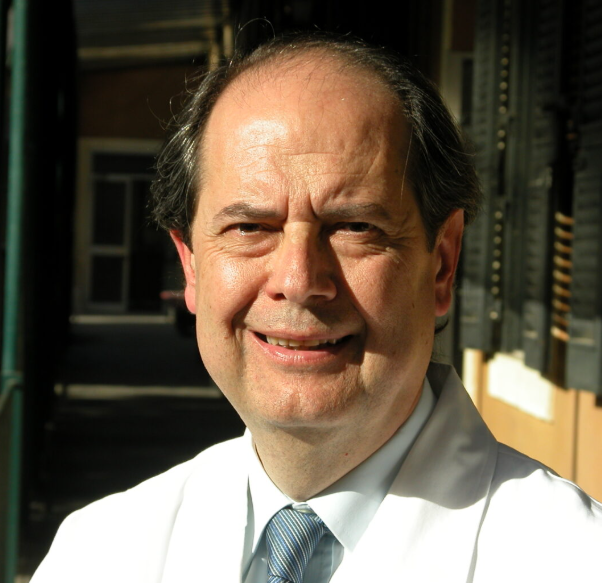
Professor Morrone, president of IISMAS – International Institute of Medical, Anthropological and Social Sciences, is considered one of the world's leading experts in migration medicine, poverty, and tropical dermatology. He has coordinated many clinical-scientific and humanitarian missions in Africa, the Middle East, India, Latin America, and Southeast Asia. For over 40 years, he has been present with his team in Tigray, where he has established numerous medical schools and hospitals, such as the District General Hospital of Sheraro. From 2013 to 2017, he served as Vice President of the International Society of Dermatology (ISD). After 1985 his work has also focused on protecting the health of people at greater risk of social exclusion in Italy.
For over 40 years, my colleagues (at IISMAS and San Gallicano before that) and I have been involved in free socio-healthcare assistance and clinical-scientific research projects aimed at individuals most at risk of marginalization and economic and cultural impoverishment. We carry out this work both in Italy, particularly in the most marginalized areas of Rome and other southern regions, as well as in low-or middle income countries such as Ethiopia, Iraqi Kurdistan, Lebanon, Syria, Cuba, Burkina Faso, and Morocco. Additionally, we organize seminars and conferences at universities, both in Italy and several African and Middle Eastern countries, on the topics of "Global Health One Health." We support the right to health protection for every human being, regardless of social and economic conditions or "skin color." Over the past years, our work has focused on the theme of the "beauty of skin color diversity" (Skin Biodiversity), highlighting the need for a new culture and a new approach to the offensive and scientifically unfounded terms like "race," "ethnicity," "black skin," "white skin," and "Caucasian."
My passion for scientific and clinical research, which could allow people worldwide to improve their quality of life—by adding "life to years" rather than "years to life"—was the driving force that led me to study the best ways to ensure every human being feels welcomed and valued for their humanity, not the wealth they possess.
For too long, dermatological diseases received little attention from academic authorities and global scientific research, as they were mistakenly considered of little importance to the health of those affected. Today, however, it is understood that skin diseases are systemic conditions that express themselves morphologically and visually on the skin. In fact, it can now be stated that all skin lesions observed on the body are direct or indirect indicators of systemic, oncological, or infectious diseases. Thus, we have revived the idea and practice of Dermatology in Public Health, a field that enables specialists to suspect or diagnose systemic diseases. This has been especially important for migrant populations and asylum seekers—individuals often bearing the visible scars of unimaginable violence on their skin, particularly victims of torture, women trafficked into prostitution, and those subjected to Female Genital Mutilation. There are also many children who are victims of sexual abuse or, even more tragically, child soldiers.
People coming from middle- or low-income countries face dramatic challenges. First, they often cannot find a "regular" way to reach the borders of Europe, especially EU countries, including Italy. As a result, they are forced to rely on criminal gangs with no interest in ensuring they arrive safely. These individuals, in search of a better future and dignified life, fleeing hunger, misery, violence, dictatorships, and wars, face unspeakable hardships and often lose their lives in what should be "journeys of hope" that turn into "journeys of despair."
Unfortunately, the international situation today highlights the weakness of major UN agencies in improving the living conditions and dignity of people in low-income countries and under dictatorial regimes. The lack of care—or rather, the absence of genuine concern—appears to be a grim reality of our time. We seem to be witnessing the neglect of generous projects aimed at welcoming the most vulnerable, while individualism and wealth are exalted. Solidarity and attention to the most vulnerable members of society are not valued. Poor policies for the poor are being implemented, with no social investments in food security, health, education, housing, or employment. There is a shameful disregard for the ethical and moral standards of public life, marked by corruption and power struggles among individuals and political institutions that no longer prioritize the common good, especially for the most disadvantaged.
What is happening in many countries torn apart by wars, which are hardly discussed, and the spread of diseases in remote rural areas? For example, there is an unusual illness currently affecting the Panzi region in the Kwango Province of the Democratic Republic of Congo. Recently, over 400 cases of an undiagnosed illness with severe symptoms—fever, headaches, cough, and widespread pain—have been reported. All the severe cases, however, are among severely malnourished women and children, with more than 30 deaths. Once we know the nature of the disease and confirm that there is no risk of it spreading to Europe or the USA, will we still be committed to addressing the root causes of malnutrition, lack of hospitals, and healthcare workers that underlie these health crises and tragically define the country? Despite a reality that seems to strip away all hope, working in these regions alongside many dedicated local colleagues has restored my faith in the future. Thanks to their commitment and care, we can restore health and dignity to the most vulnerable people in both the Global North and South. It is indeed our capacity for care that will improve the future for generations to come. Care is an attitude of commitment, responsibility, and emotional engagement with others. Without care, we would cease to be human. The essence of being human is found in the act of caring.
The fratricidal war that devastated Ethiopia from 2020 to 2023, triggered during the Covid-19 pandemic, resulted in over 700,000 deaths, dozens of women raped and abused in front of their families, the destruction of over 80% of hospitals and schools, more than 2 million displaced persons—especially women and children—unable to return to their destroyed villages, living in tents or in the few schools that survived. Medicines and ambulances were stolen. It was a horrific situation. Together with local authorities, we committed to rebuilding the Maiani District Hospital in Sheraro, on the Eritrean border. We purchased and distributed medical equipment such as ultrasound machines, microscopes, medical supplies, and essential medications. We are also working with various teams we have trained to care for women who suffered violence during the war. Just our presence at the end of the conflict, authorized by the warring governments, alongside colleagues who survived the war, allowed us to send a signal of encouragement and hope, especially to women and children who witnessed horrific crimes. We immediately reopened several small Maternal-Infant Centres to provide food, medicine, and shelter to those who had been hiding in mountains or forests for years. After building and reopening schools and hospitals, it seemed like a small act, but it marked the turning point in returning to a "normal" life. We opened a facility for orphaned children, who will soon be placed into foster care and adopted by local families, allowing them to grow up within their own country and culture. Small gestures, combined with a stable and long-term presence of over 40 years, have allowed us to grow together. We and them, for a future of justice, the common good, dignity, and health.

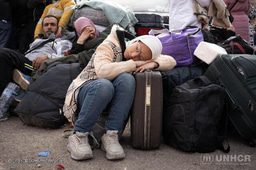
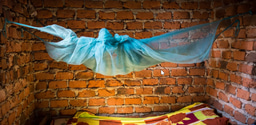
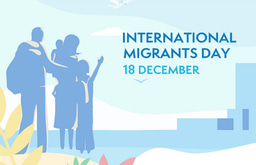
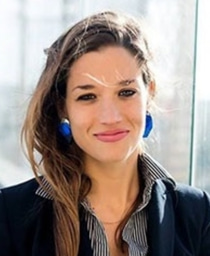
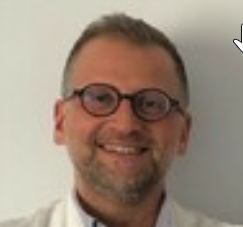
Please sign in or register for FREE
If you are a registered user on Research Communities by Springer Nature, please sign in